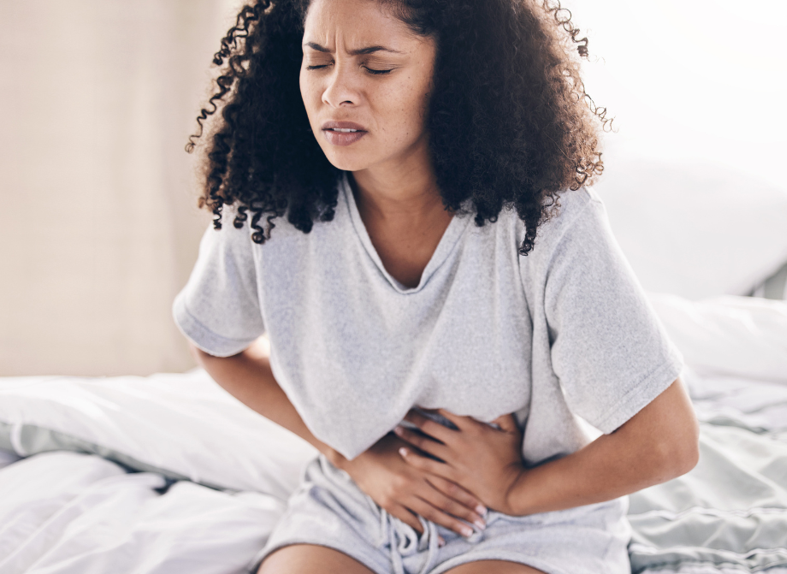12th December 2024
By Michelle Hall
Norovirus, often called the “winter vomiting bug,” it’s a highly contagious virus that causes stomach and intestinal inflammation, leading to nausea, vomiting, diarrhoea, and stomach cramps. Although unpleasant, most people recover within a few days with proper care.
How Norovirus spreads?
Norovirus spreads quickly by direct contact with an infected person and touching contaminated surfaces and then touching your mouth. The virus is airborne and lives in the atmosphere. It’s especially common in crowded environments like schools and care homes and hospitals particularly in winter months.
So, what are the symptoms?
Symptoms appear 12 to 48 hours after exposure and last roughly 1 – 3 days.
Common signs include:
- Nausea and vomiting
- Diarrhoea
- Stomach cramps
- Low-grade fever, headache, and fatigue
How to treat?
There’s no specific medication for norovirus although over the counter medicines can help alleviate symptoms. The following can help manage the virus:
Stay hydrated
Drink water, broths, or oral rehydration solutions. Avoid sugary or caffeinated drinks.
Eat bland foods until well enough to gradually introduce foods like crackers, rice, and bananas.
Rest
Allow your body to recover and use over the counter medications to suppress symptoms.
We caught up with Dr Billingsley for his top three tips to protect yourself from the virus.
Bathroom hygiene
It’s a good habit to always close the toilet lid when flushing. Without closing the lid can release tiny droplets, into the air. These can carry germs and viruses, which then settle on surfaces such as sinks, taps, light switches, and door handles. Closing the lid before flushing significantly reduces the spread of these airborne particles.
Sanitise surfaces
As you can imagine bathrooms can become hotspots for germs if not regularly cleaned. Make it a habit to sanitise frequently touched surfaces like taps, sinks, switches and toilet bowls. Doing this after use can prevent the buildup and spread of bacteria and viruses, creating a safer environment for everyone.
Hand hygiene
Keeping on top of hand hygiene is your first line of defence against illness. After using the bathroom, wash your hands thoroughly with soap and water.
When to Seek Help?
Consult a doctor if you experience severe vomiting or diarrhoea, signs of dehydration, blood in stool, or high fever. All in all, Norovirus is unpleasant but manageable. Stay hydrated, rest, and take precautions to prevent its spread by practicing good hygiene to recover and help protect others from this unpleasant virus. Adopting simple steps but effective practices, you can create a healthier and more hygienic space while minimising the risk of spreading infections.



